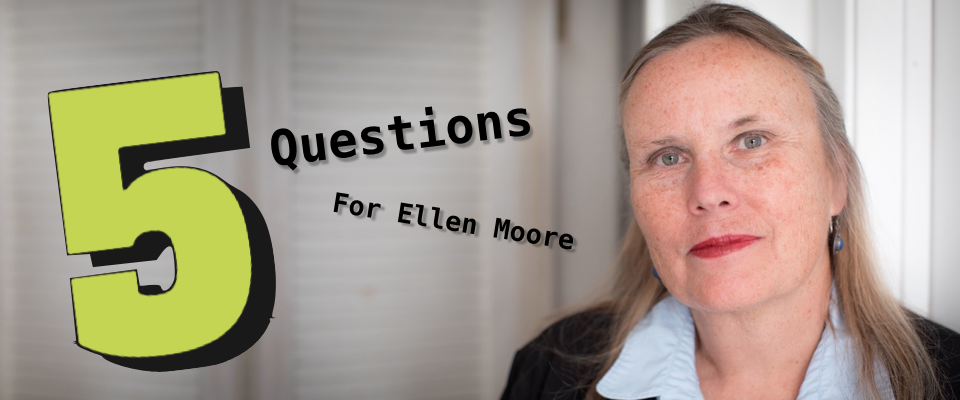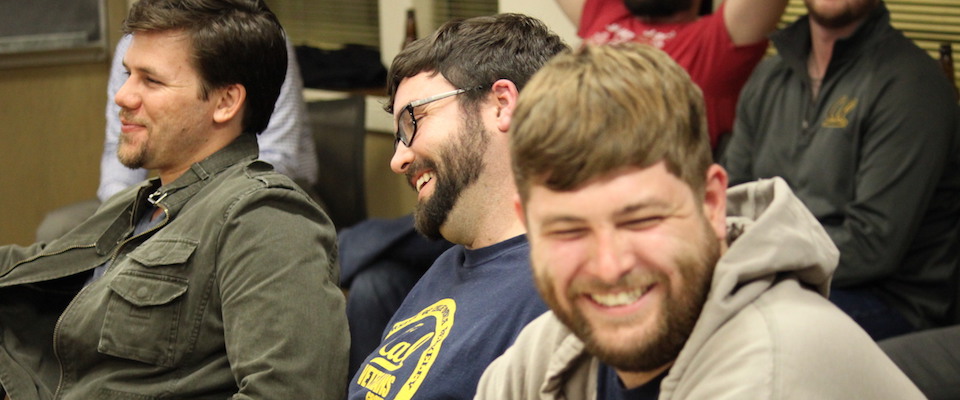1. You quote a veteran in your book, Grateful Nation: Student Veterans and the Rise of the Military-Friendly Campus, who says of his civilian classmates, “…none of the people in this room gave a shit about what I thought was important.” What are some of those important things valued in the military but not on campus?
Many returning veterans felt profound cultural differences between military and civilian cultural practices, including expectations about command structure and hierarchy, respect for authority, discipline, and collective effort. These cultural differences make the transition to college challenging for some veterans.
One such difficulty is the shift from being an integral member of a group to being an unaffiliated individual, where each student is responsible only for their own work, where they compete for grades, classes, and fellowships. Not having a system of mutual accountability and camaraderie leaves some veterans feeling disconnected and unmotivated.
2. What sort of problems arise from the shift from military to campus cultures?
For veterans, returning from war to college was difficult, in part, because of divergent teaching and learning practices. Many said that their military training felt immediate, hands-on, fast-paced, and applicable to life-or-death situations. When they returned to civilian life and to college, they found the content and process of learning to be passive, abstract, without context, and slow. My research found that these pedagogical challenges were real, but that they were also temporary and not ultimately determinant of veterans’ success or failure in college.
Many student veterans felt alienated from what they saw as the individualism, interpersonal competition, and self-focus in civilian society. This led to estrangement from their civilian classmates, and the sense that civilian life “doesn’t feel real.” Some disliked interacting with civilian students, which led many student veterans to avoid general campus activities.
3. Are there strategies that have generally helped veterans to succeed as students?
In the field of education, there are several identified strategies that have been shown to help students succeed. These include tutoring and peer mentorship, orientation to institutional expectations, facilitated access to classes, basic skills training and social support, feedback from professors and instructors, and accommodation for students with disabilities. These strategies are particularly helpful for students considered “nontraditional,” which includes student veterans.
One strategy that many veterans found helpful was the organization of peer-based campus veterans’ clubs. These allowed the student veterans to identify needs and create their own structures of social support.
4. Where should the support come from: military, campus, or third parties such as the VFW (Veterans of Foreign Wars)?
The responsibility for supporting veterans’ academic success need not fall to one institution. Certainly, the military has a role in providing support to returning veterans in the form of medical and mental health care, GI Bill education, and housing benefits. Campuses can provide academic support and the space for student veterans to organize veterans’ clubs and social events. Community support organizations like VFW can provide material and social support; this often takes place in the context of uncritical support for the U.S. military, which is helpful to some but not all student veterans.
My research found that student veterans welcomed academic and social support from the military, community organizations, and campuses, but that many did not want public displays of praise for their military experience. Many had conflicted feelings about their combat experience and the wars, and such displays made them uncomfortable.
5. It wasn’t that long ago that students on campuses, perhaps especially this campus, were hostile to members of the military. Has that culture changed significantly, or do members of the military still face hostility?
None of the veterans I interviewed for this research told me that they felt unwelcome on campuses because of their military status. Based on my research, as well as my informal observations as a graduate student instructor at Berkeley, I found no hostility towards members of the military and student veterans. Even in the context of Vietnam, campuses known for campaigns against that war were very friendly toward military veterans. Moreover, many war veterans themselves were highly ambivalent about their military experience and had their own criticisms of the current wars.
In an effort to welcome veterans into classrooms and to avoid offending veterans, some campuses’ guidelines advised against holding classroom discussions about the wars. This had the unintended effect of discouraging veterans from talking about the military experiences that were so critical to their emotions and identities. Silence about the wars hurt student veterans by rendering their experiences invisible and discouraging critical examination of issues that are important to them.




















